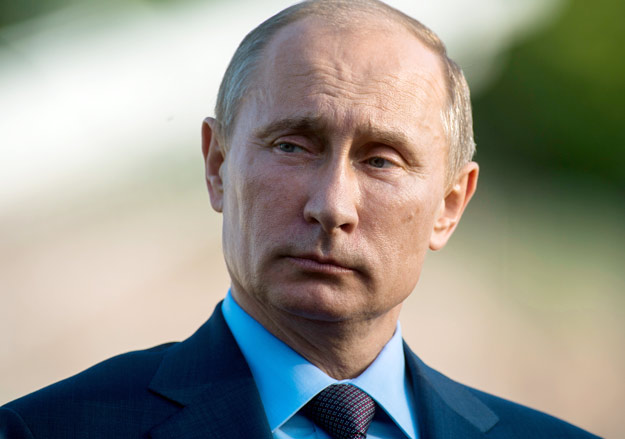18:28, 12 December 2016
 4005 views
4005 views
Vladimir Putin signs Russia’s Information Security Doctrine

The Presidential Decree on the approval of the new doctrine was published on the official portal of legal information on December 6, 2016.
“In order to ensure the information security of the Russian Federation I decree to approve the attached doctrine of information security of the Russian Federation”, reads the document.
Strategic objective:
The strategic objective of information security in the area of national defense is to protect the vital interests of the individual, society and state from internal and external threats involving the use of information technology in the military and political purposes contradicting the international law, including the purposes of hostile acts and acts of aggression aimed at undermining of the sovereignty, violation of the territorial integrity of states, as well as those presenting a threat to international peace, security and strategic stability.
The Doctrine sets forth the main information threats to Russia's national security:
• the strive of “some states” to use the technological superiority to dominate the information space;
• building-up facilities by foreign countries for “information and psychological impact” on the Russian population for the purpose of internal destabilization and undermining the sovereignty of the Russian Federation;
• an increase in the number of materials in foreign media containing “a biased assessment of the state policy of the Russian Federation”; discrimination against Russian media abroad;
• growth of cybercrime, first and foremost in the credit and financial sphere.
The document provides for five main areas where it is necessary to ensure information security of the Russian Federation:
• defense;
• state security;
• economy;
• science, technology and education;
• strategic stability.
In each of them the Doctrine provides for several main areas of countering information threats. Among them:
• neutralization of indoctrinating “aimed at undermining the foundations of historical and patriotic traditions associated with the defense of the fatherland” (defense);
• improving the protection of critical information infrastructure, countering extremism and erosion of “Russian traditional spiritual and moral values” (state security);
• innovative development of the e-industry, import substitution (economy);
• Development of advanced technologies (science); developing the national system of management of the Russian segment of Internet (strategic stability).
Source: web-portal of legal information, TASS
